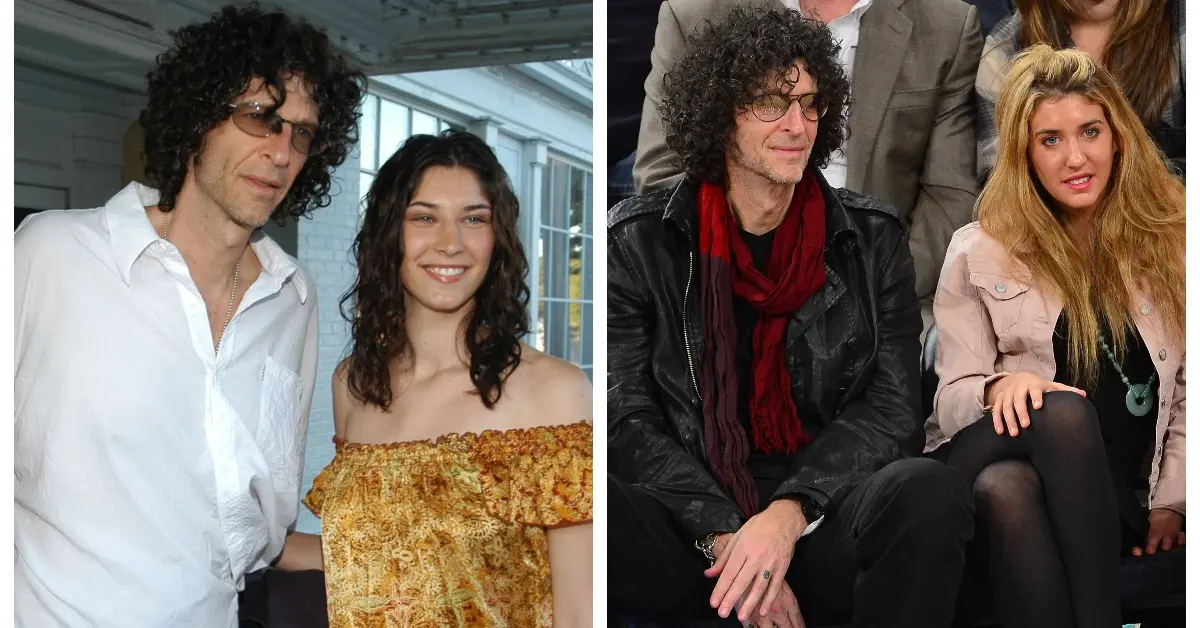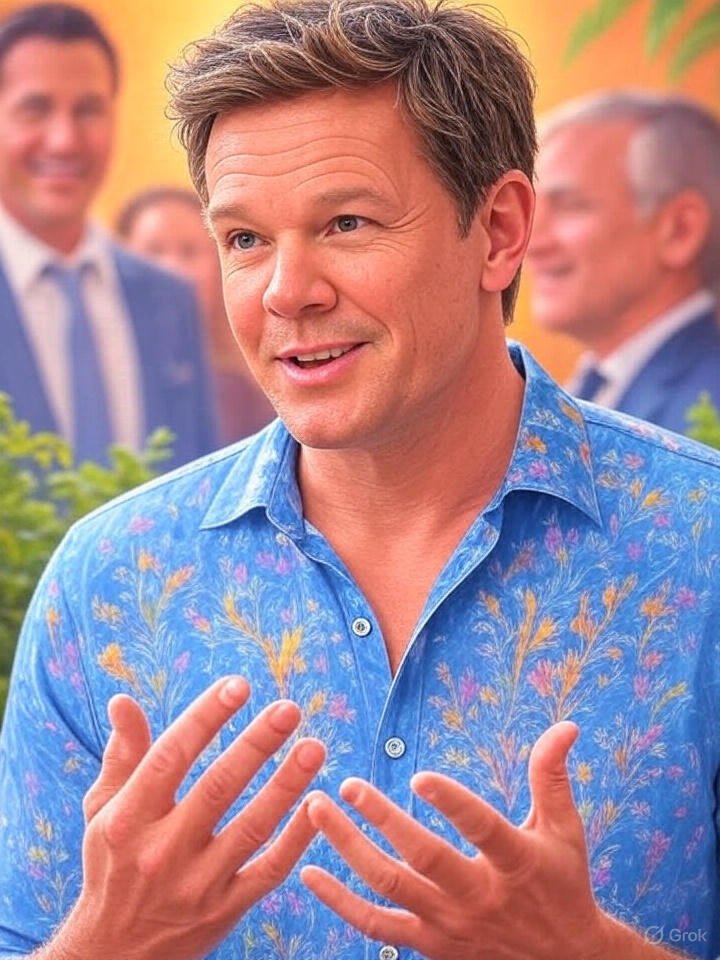Introduction: The Celebrity Effect
From the golden age of Hollywood to today’s digital era, celebrities have held a powerful grip on culture. Their lives—filled with glamour, triumphs, controversies, and struggles—offer both escape and connection. They entertain us on screen, but they also shape fashion, politics, social movements, and even consumer behavior. While critics often dismiss celebrity culture as shallow, the truth is far more complex: celebrities reflect society back to itself.
1. The Birth of Modern Celebrity Culture
The concept of fame has existed for centuries, from legendary gladiators in ancient Rome to royal figures adored by their people. However, the modern celebrity as we know it was born in the early 20th century, when the film industry flourished in Hollywood. Movie stars like Marilyn Monroe, James Dean, and Audrey Hepburn became global icons—not just because of their talent but also because of how they embodied ideals of beauty, charisma, and rebellion.
Unlike political leaders or inventors, celebrities became famous not for governance or discoveries but for their ability to captivate and inspire. This was revolutionary. For the first time, ordinary people could become extraordinary simply by connecting with an audience.
2. Celebrities as Cultural Trendsetters
One of the most influential roles celebrities play is setting trends. In the 1960s, The Beatles changed how people dressed and styled their hair. In the 1980s, Madonna redefined female empowerment through provocative fashion and music. Today, stars like Rihanna and Harry Styles push boundaries in gender-fluid fashion, reshaping how society views identity and self-expression.
Beyond style, celebrities often influence consumer habits. A single endorsement can transform an unknown product into a household name. Think of how George Clooney popularized luxury coffee machines or how Kylie Jenner’s beauty line redefined the cosmetics industry.
3. The Power of Celebrity Influence on Social Movements
While fame often gets associated with red carpets and luxury lifestyles, many celebrities use their platforms for advocacy. Angelina Jolie has become a respected voice on humanitarian issues. Leonardo DiCaprio’s environmental activism has raised global awareness about climate change.
More recently, celebrities have fueled social justice movements. For instance, Colin Kaepernick took a knee during the national anthem, sparking worldwide conversations about racial inequality. Taylor Swift, once criticized for staying silent, now uses her platform to discuss gender rights and voter participation. In these cases, celebrity influence has extended beyond entertainment into real-world change.
4. The Dark Side of Fame
For all the glamour, celebrity life comes with heavy burdens. Constant media scrutiny can erode privacy and mental health. Paparazzi culture, amplified by social media, leaves stars with little escape. The tragic stories of figures like Princess Diana, Amy Winehouse, and Heath Ledger remind us that fame can sometimes become a prison.
Mental health struggles among celebrities are now openly discussed, with stars like Selena Gomez and Dwayne “The Rock” Johnson sharing their battles with depression and anxiety. Their honesty has helped destigmatize mental health issues for millions of fans, proving that even those who seem to “have it all” face human struggles.
5. The Digital Age: Redefining Celebrity
The rise of social media has completely transformed how we view fame. Platforms like Instagram, YouTube, and TikTok have given birth to a new category: the influencer. Unlike traditional celebrities who gained fame through film, music, or sports, influencers build their following online, often by sharing relatable content.
This shift has democratized fame—almost anyone with creativity and persistence can attract an audience. Charli D’Amelio, for instance, went from dancing on TikTok to becoming one of the platform’s biggest stars with major brand deals. However, the digital era also creates challenges, as cancel culture and online trolling place intense pressure on public figures.
6. Celebrity Wealth and Business Ventures
Celebrities no longer rely solely on their craft to generate income. Many have transformed into entrepreneurs, building empires that rival traditional businesses. Jay-Z and Beyoncé are not only music legends but also savvy investors. Jessica Alba founded The Honest Company, turning her celebrity status into a billion-dollar brand.
By branching out, celebrities prove they are more than performers—they are business minds, cultural architects, and innovators. This blending of entertainment and entrepreneurship has blurred the line between stardom and corporate leadership.
7. Why We Remain Obsessed
So why do people remain endlessly fascinated with celebrities? The answer lies in psychology. Celebrities represent both aspiration and relatability. We admire their success but also connect to their vulnerabilities. They provide escape from our everyday lives, yet at the same time, they mirror our struggles.
Moreover, celebrity culture allows society to debate values. When a star makes a bold statement or breaks a taboo, it forces conversations about identity, freedom, and morality. Whether we agree or not, these discussions shape collective thinking.
8. The Future of Celebrity Culture
Looking ahead, the concept of fame will continue to evolve. As artificial intelligence creates virtual influencers and as more everyday people rise to fame through short-form content, traditional Hollywood stardom may no longer dominate. Yet one constant will remain: society’s fascination with personalities who inspire, challenge, or entertain.
In the future, authenticity will likely play an even bigger role. Audiences increasingly demand transparency, rewarding those who share their real selves rather than curated perfection. Whether through humanitarian work, creative projects, or simply being relatable, celebrities will continue to shape culture in ways both subtle and profound.
Conclusion
Celebrities may sometimes appear distant, living lives of privilege, but their impact on society is undeniable. They influence what we wear, what we buy, what we believe, and even how we talk about serious issues. As long as humans crave storytelling, inspiration, and connection, celebrities will remain central to culture—symbols of both aspiration and humanity.




